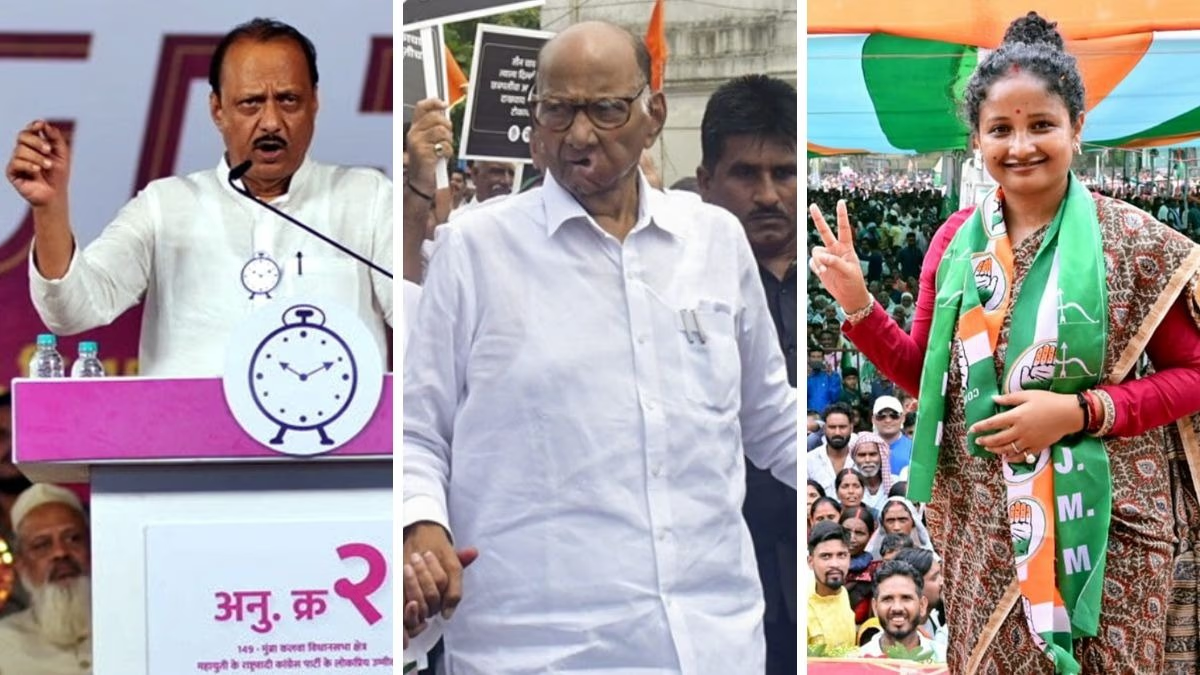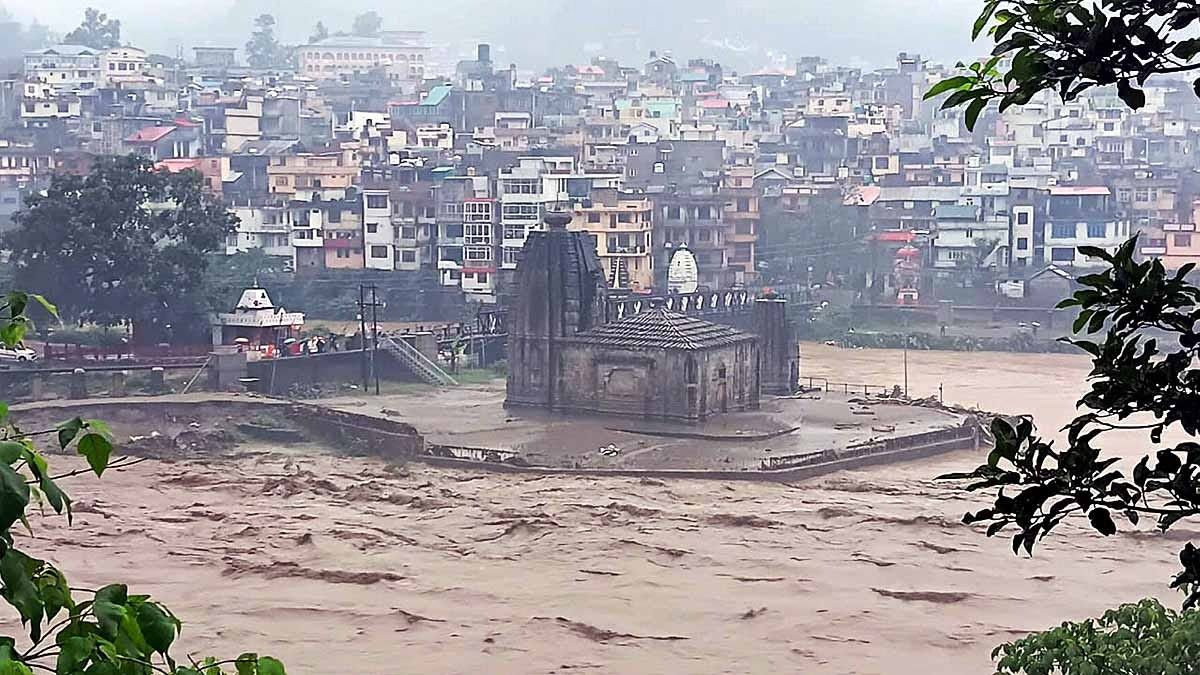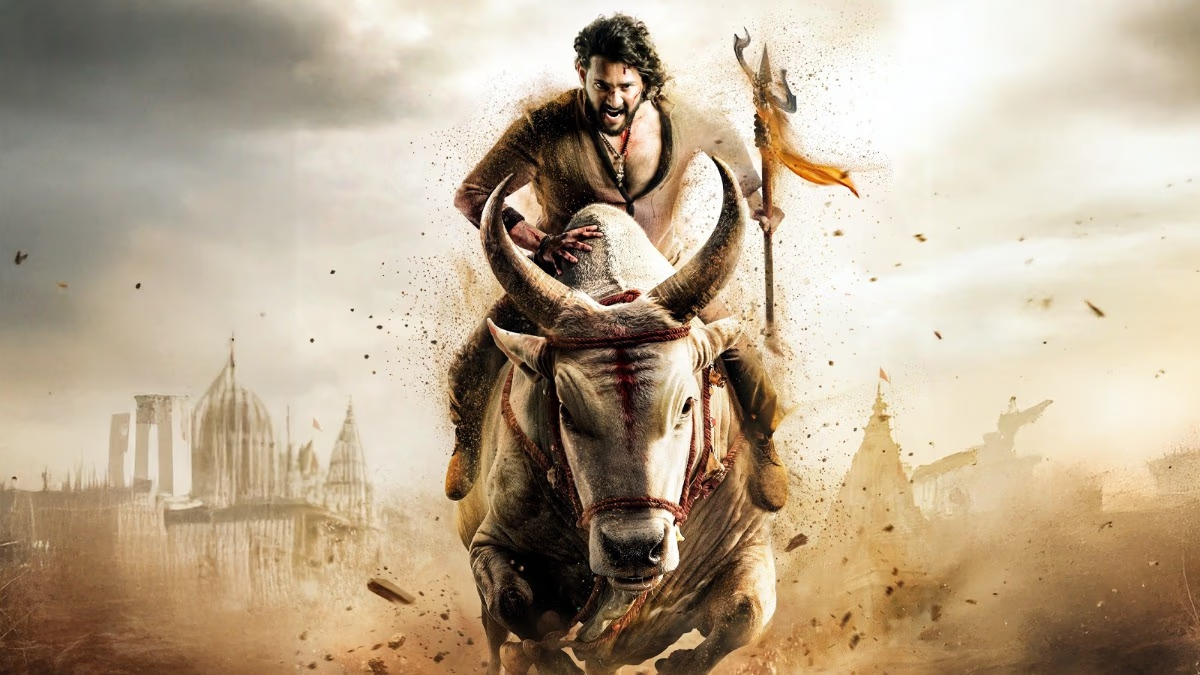As the state assembly elections unfold in Maharashtra and Jharkhand, by-elections are simultaneously occurring in UP, Punjab, and Kerala. With the conclusion of campaigning, a flurry of novel strategies emerged. Despite the local nature of state elections, echoes of national issues were prominent, with slogans from leaders like Yogi Adityanath resonating across regions. The saying 'Split if you dare' became a provoking chorus from UP to Maharashtra. Yet, even in this silent interlude before the ballots, political narratives continue to battle among party stalwarts and their supporters. Let's explore prominent slogans and issues that dominated the campaigns in Maharashtra, Jharkhand, and UP.
1-
The Power of Slogans
Uttar Pradesh Chief Minister Yogi Adityanath's slogan,
'Split if you shall.'
echoed far beyond UP, resonating until the campaign's closing rounds. Prime Minister Narendra Modi softened this slogan with
'United, we stay safe.'
The opposition, from Congress to the Samajwadi Party (SP) and Jharkhand Mukti Morcha (JMM), counterattacked, accusing the BJP of societal division.
Rahul Gandhi, in a final campaign address in Mumbai, creatively linked this slogan with larger issues like Adani and Dharavi, exemplified through a safe bearing the words 'United, we stay safe.' The SP retaliated with
'The PDA won't split, won't falter.'
JMM, leading the coalition government in Jharkhand, campaigned with the chant 'Neither split, nor divided,' rallying their base in the campaign's crucial phases.
2-
The Article 370 Debate
Despite state elections being perceived as locally focused, national topics, like the debate over Article 370's reinstatement in Jammu and Kashmir, made headlines. The BJP challenged the Congress on supporting the National Conference's agenda to revisit Article 370. Congress leader Mallikarjun Kharge had to clarify that no Congress leader advocated for such a restoration, urging critics to name their sources.
3-
The Farmer's Plight
Local issues rang loudly this election, especially in Maharashtra. Here, the opposition's Mahavikas Aghadi (MVA) spotlighted agrarian grievances prominently. Despite existing schemes like the girl-sister cash benefit program, the ruling alliance, Mahayuti, felt compelled to promise debt relief in their manifesto, attributing it to persistent farmer unrest over agricultural issues.
4-
The Traitor and Emotion Card
Maharashtra's campaign drama prominently featured the 'traitor' narrative. Uddhav Thackeray of Shiv Sena (UBT) deemed Eknath Shinde a traitor, while Sharad Pawar similarly labeled Ajit Pawar amid political defections. Toward the campaign's end, Maharashtra Navnirman Sena leader Raj Thackeray further polarized voters by labeling Uddhav a traitor, suggesting his influence led to mass desertions. In Jharkhand, JMM closed with poignant visuals of Shibu Soren's enduring struggle for statehood, seeking to strike an emotional chord.
5-
The Mahim and Baramati Battles
Seats like Mahim and Baramati became focal points in Maharashtra's electoral narrative. In Mahim, Amit Thackeray represented the Maharashtra Navnirman Sena, facing Mahayuti's said Sarvankar, a seasoned three-term legislator. Meanwhile, the Baramati race saw Ajit Pawar contending against his nephew Yugendra Pawar, with familial lines drawn as Ajit's mother joined his campaign, countered by support from Sharad Pawar's wife and Supriya Sule for Yugendra.
6-
Kalpana Soren's Command in Jharkhand
Amid Jharkhand politics, Kalpana Soren emerged in a commanding role. Following her husband Hemant Soren's potential legal challenges, Kalpana led JMM's campaign, conducting an impressive 98 rallies. Meanwhile, Chief Minister Hemant trailingly delivered 92, placing him behind in outreach by numbers, establishing Kalpana as a formidable force.
7-
BJP's Hemanta Takes Charge in Jharkhand
The BJP's charge in Jharkhand was spearheaded by Assam Chief Minister and campaign co-manager Himanta Biswa Sarma, who notched up 53 rallies. Central Minister Shivraj Singh Chauhan backed the effort with 48 public gatherings. Locally, Baboolal Marandi, the BJP state president, maintained the highest campaign visibility, while former CM Champai Soren, having recently switched allegiances from JMM to BJP, also campaigned vigorously.
8-
Illegal Immigration and Demographic Shifts
Illegal immigration remained a defining issue from start to finish in Jharkhand's election narrative. The BJP targeted the JMM-Congress alliance on demographic changes due to immigration, a pivotal concern in Santhal Pargana, Hemant Soren's constituency. While JMM countered by appealing to tribal identity amidst Hemant's legal quandaries, BJP's strategy focused on reclaiming identity narratives with figures like Champai Soren at the helm.
9-
Reservation and the Constitution
Amid electoral dialogues, reservation and constitutional commitments stirred debates. Post-Lok Sabha elections, with BJP facing seat deficits, leaders consistently positioned Congress as an antagonist to reservation rights during rallies. In Jharkhand's final campaign stages, Chirag Paswan, head of Lok Janshakti Party (Ramvilas), fervently affirmed his lifelong commitment to reservation protections.
10-
Development Discourse
Across all states, development promises were essential themes. Maharashtra's Mahayuti highlighted infrastructural achievements from their two-and-a-half-year tenure, pitching for votes. Conversely, MVA countered with their pledges of growth and progress. The campaigns commenced with promises of prosperity, intensifying to robust debates on integrity and allegiance in the final stretch. Meanwhile, Jharkhand's conversations oscillated between development, vital issues like bread-jobs-soil, and indigenous identity.
The crucial moment to cast votes arrives as citizens gear up on November 20th to select their governance for the next five years. The electorate's endorsement of issues and their conviction in campaign assurances will become clear on November 23rd with election results.




